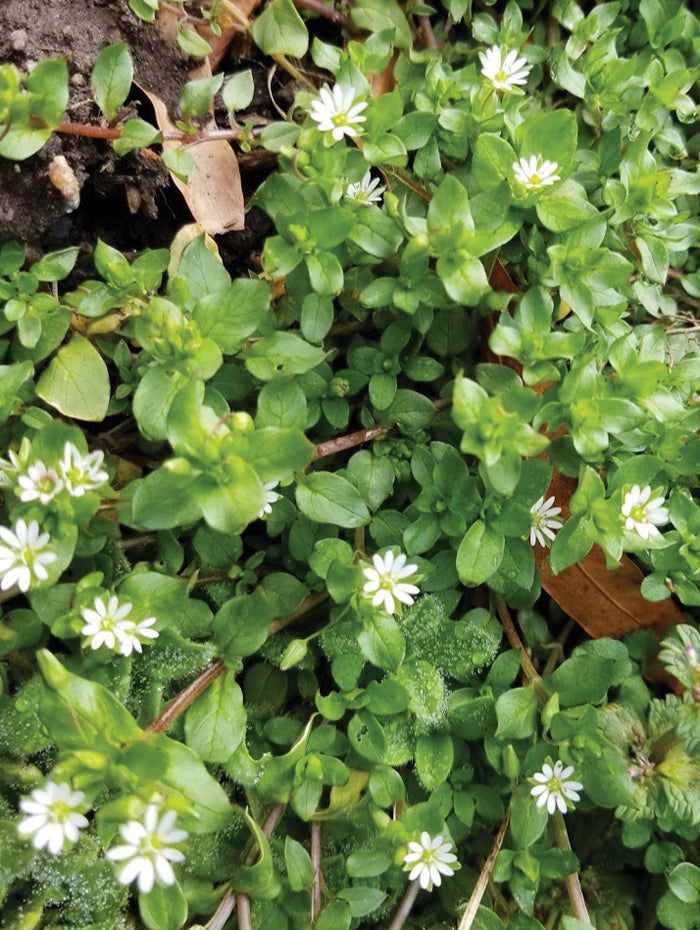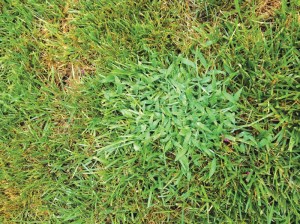Darrell Blackwelder: Act now to control chickweed and crabgrass
Published 12:00 am Sunday, February 16, 2020

- Insidious, invasive chickweed. Photo by Darrell Blackwelder
The only thing predicable about our weather is that it’s always unpredictable.
Erratic temperature fluctuations and excessive rainfall have created problems with our lawn care calendar. Most are behind with annual weed control because of the rainfall.
Now is the time to control chickweed and other broadleaf weeds in cool season fescue lawns.
Winter weeds have gotten off to a good start in lawns because of our unusually warm weather. These weeds can be controlled with tank sprayer or hose-on applicators with post emergence herbicides. Herbicide blends containing 2,4-D and dicamba (Trimec, Weed-B-Gon, etc.) work best early in the growing season when the weeds are very small.
Mature weeds nearing bloom stage makes control much more difficult. Apply these herbicides to infested as soon as possible for broadleaf weed control including wild garlic (onions).
A second application is often necessary two weeks after the initial application. Over the top weed control will not kill fescue.
Increasing soil temperatures also requires crabgrass preventers, normally applied in mid-March, be applied as soon as possible. Crabgrass herbicides are readily found blended with premium fertilizers or sold just as a herbicide.

Crabgrass will take over. Photo by Darrell Blackwelder
It’s important to apply these now to control emerging crabgrass and other weed seedlings in early spring.
Please note: most preemergence herbicides also impede germination of fescue, so if you have reseeding this spring, avoid applications of these herbicides.
Darrell Blackwelder deblackw@ncsu.edu is the retired horticulture agent and director with the North Carolina Cooperative Extension Service in Rowan County.

